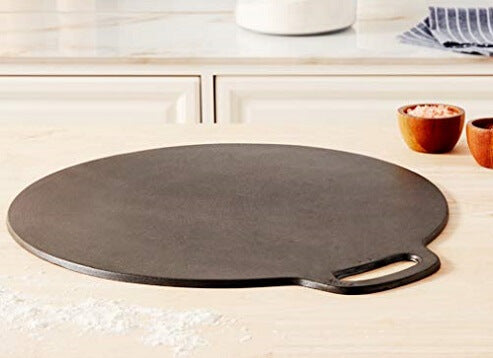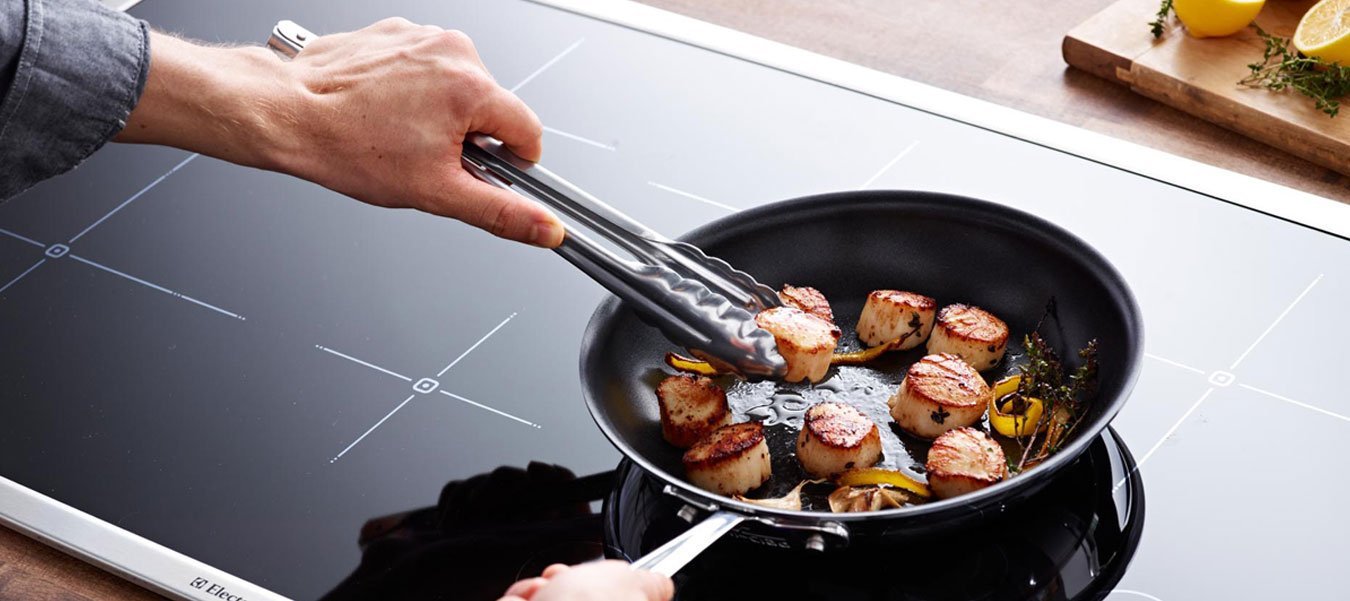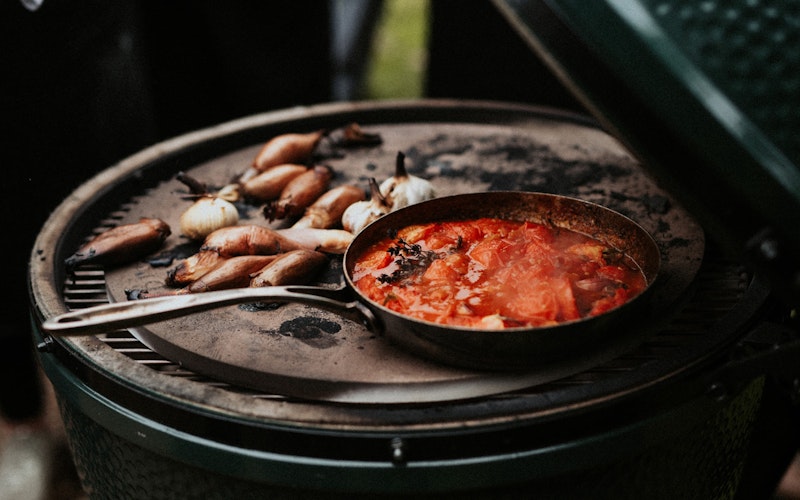For kitchen professionals, particularly those who regularly make use of baking stones, cracking can be the bane of an otherwise perfect culinary creation. Understanding how to avoid cracked stones is pivotal as the kitchen environment demands high performance from all tools and materials.
When discussing how to avoid cracked stones, let us first consider why stones crack in the first place. The issue often stems from thermal shock, improper handling, or unseen hairline fractures exacerbated through continuous use. By addressing these causes, you can significantly enhance the lifespan of these indispensable kitchen tools.

Understanding the Causes of Cracked Stones
Thermal shock is one of the primary reasons stones often crack. A common mistake is exposing a cold stone to a hot oven, or vice versa. This can result in a rapid temperature change that the stone cannot withstand. According to Preheating Tips, gradually warming the stone alongside the oven preheating process can mitigate this risk.
Another cause is improper handling. Dropping the stone or placing heavy cookware on a delicate surface can lead to micro-fractures. Always ensure that your stones are handled with care and stored appropriately to reduce accidental damage.
Preventive Measures to Shield Your Stones
The best defense is a great offense. Periodically inspect your stones for signs of wear and tear. Check for any visible cracks or abnormal wear patterns. Small issues, when caught early, can prevent more severe damage down the line.
Additionally, it's crucial to let stones cool naturally. After use, resist the urge to run cold water over a hot stone as this could exacerbate the temperature shock. Instead, remove the stone from the heat source and allow it to cool down at its own pace. For greater insights on cooling techniques, Common Mistakes can be insightful.
Choosing the Right Stone
Not all stones are created equal. Some materials are inherently more durable than others. When selecting a stone, especially for frequent use in high-temperature settings, look into cordierite or thermarite options. These materials are known for their excellent thermal shock resistance and durability.
An invaluable resource when selecting stones is Best Pizza Stones. It offers comprehensive reviews that can guide your choice.
Training Your Team
The effectiveness of maintenance often lies in proper team training. As a kitchen professional, ensure your team understands the importance of handling and maintaining baking stones correctly. Utilize Cooked Crust Tips for practical demonstrations that can be incorporated into team meetings.
Regular Maintenance and Repair
Even with preventive care, certain stones might still encounter issues. Regular maintenance like gentle scrubbing with a light solution of water and baking soda can help maintain cleanliness and integrity. Avoid chemical cleaners as they may leave residues that affect food taste.
For stones that do crack, minor repairs can be made using high-temperature epoxy solutions. For serious fractures, consider if replacement might be more cost-effective in the long run.
Exploring External Resources
Expand your knowledge by referring to external resources and communities that focus on baking stones. Websites such as Bread Baking Stone offer extensive insights and reader forums which might contain pearls of wisdom from fellow baking enthusiasts.
:max_bytes(150000):strip_icc()/pizza-stone-testing-winners-lodge-pre-seasoned-cast-iron-baking-pan-wdickey-3-02-a8dc06f53f5d4be89d55a499294de19b.jpg)
FAQs
Why does my stone keep cracking despite careful handling?
Your stone might have been structurally compromised from manufacturing or prior accidents. Consider checking its quality and potentially opting for a stone with better thermal resistance properties.
Can I use my regular cleaning detergent on the stone?
It is not advisable, as detergents can seep into the porous structure of the stone, affecting food taste. Stick to mild solutions like baking soda and water.
Is a cracked stone completely useless?
Not necessarily. Minor cracks can often be repaired with high-temperature epoxy. However, for severe cracks, replacement would be the safer option.
In summary, understanding how to avoid cracked stones in the kitchen plays a crucial role in extending the lifespan and efficiency of your culinary tools. Through proper selection, preventive care, and meticulous maintenance, you can keep your stones in pristine condition.
This article contains affiliate links. We may earn a commission at no extra cost to you.






Leave a comment
This site is protected by hCaptcha and the hCaptcha Privacy Policy and Terms of Service apply.